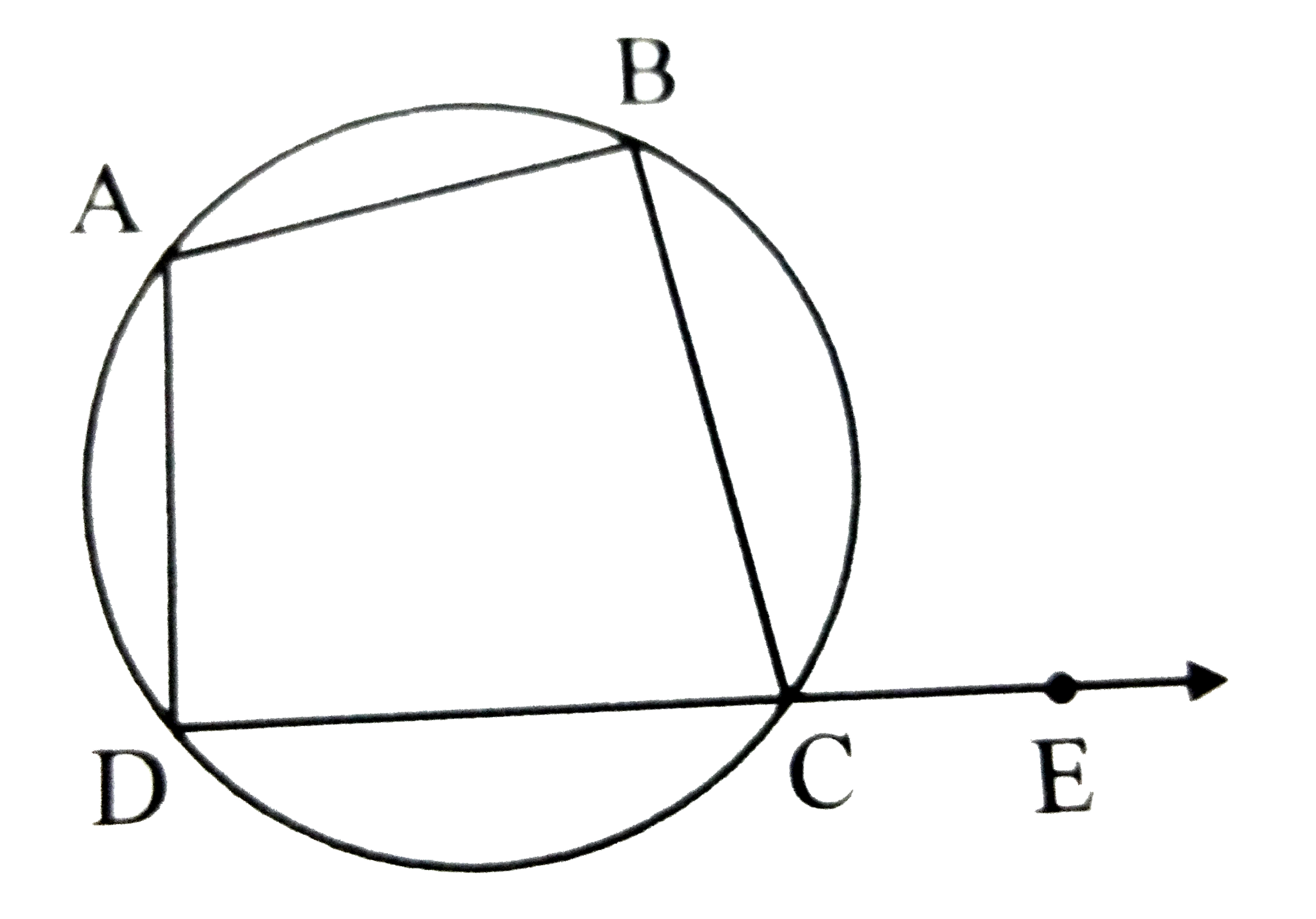Which of the following is not always true ?
A
~[p∨(~q)]≡~p∧q
B
[(p∨q)∨(~q)] is a tautology
C
~(p→q)≡(~p)∧q
D
~[p∧(~p)] is a tautology
Video Solution
Text Solution
The correct Answer is:C
|
Answer
Step by step video, text & image solution for Which of the following is not always true ? by Maths experts to help you in doubts & scoring excellent marks in Class 12 exams.
Updated on:21/07/2023Topper's Solved these Questions
- MATHEMATICAL REASONING Book:MCGROW HILL PUBLICATIONChapter:MATHEMATICAL REASONING Exercise:EXERCISE (LEVEL 1 ( SINGLE CORRECT ANSWER TYPE QUESTIONS ))
Explore 15 Videos
- MATHEMATICAL REASONING Book:MCGROW HILL PUBLICATIONChapter:MATHEMATICAL REASONING Exercise:EXERCISE (LEVEL 2 ( SINGLE CORRECT ANSWER TYPE QUESTIONS ))
Explore 5 Videos
- MATHEMATICAL REASONING Book:MCGROW HILL PUBLICATIONChapter:MATHEMATICAL REASONING Exercise:SOLVED EXAMPLES (LEVEL 2 ( SINGLE CORRECT ANSWER TYPE QUESTIONS ))
Explore 14 Videos
- MATHEMATICAL INDUCTION AND BINOMIAL THEOREMBook:MCGROW HILL PUBLICATIONChapter:MATHEMATICAL INDUCTION AND BINOMIAL THEOREMExercise:Questions from Previous Years. B-Architecture Entrance Examination Papers
Explore 20 Videos
- MATRICESBook:MCGROW HILL PUBLICATIONChapter:MATRICESExercise:Questions from Previous Years. B -Architecture Entrance Examination Papers
Explore 22 Videos
Similar Questions
Knowledge Check
If a≠0 and the equation ax2+bx+c=0 has two roots αandβ such that α≤−3andβ>2, which of the following is always true ?
Aa(a+|b|+c)>0Ba(a+|b|+c)<0C9a−3b+c>0D(9a−3b+c)(4a+2b+c)<0For (2n+1) observations x1,x2,−x2,..,xn,−xn and 0, where all x's are distinct, let SD and MD denote the standard deviation and median, respectively. Then which of the following is always true ?
ASD<MDBSD>MDCSD=MDDNothing can be said in general about the relationship between SD and MDWhich of the following is always true ?
A(p→q)≅(~q→~p)B~(p∨q)≅(~p∨~q)C~(p→q)≅(p∨~q)D~(p∧q)≅(~p∧~q)
Which of the following is always true for a spontaneous process
View SolutionIf a,b,c,x,y,z∈R such that ax+by+cz=2, then which of the following is always true
View SolutionFor a spontaneous process, which of the following is always true?
View SolutionWhich of the following is always true?
View SolutionWhich of the following is always true for a reaction
View Solution
